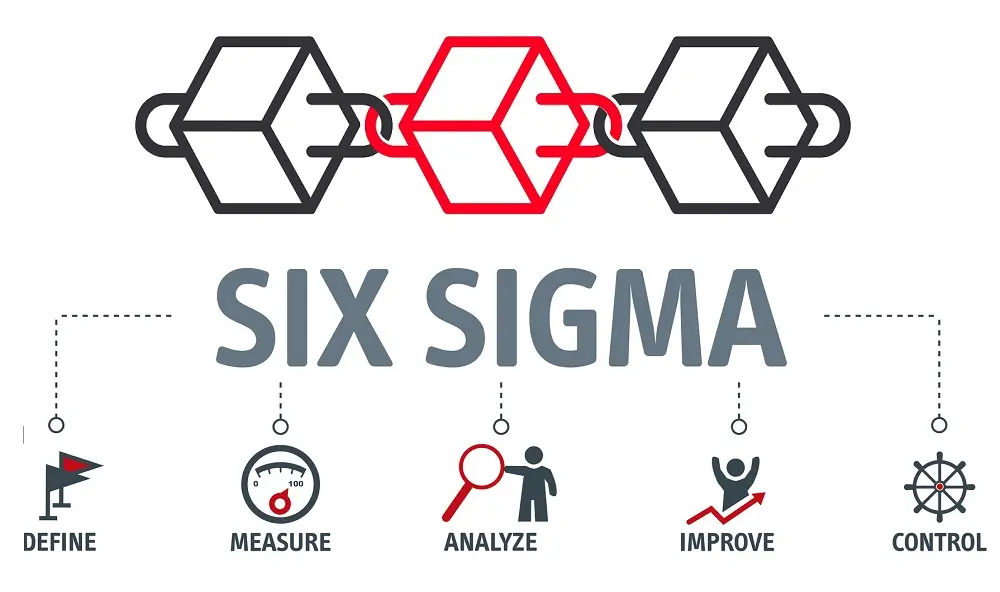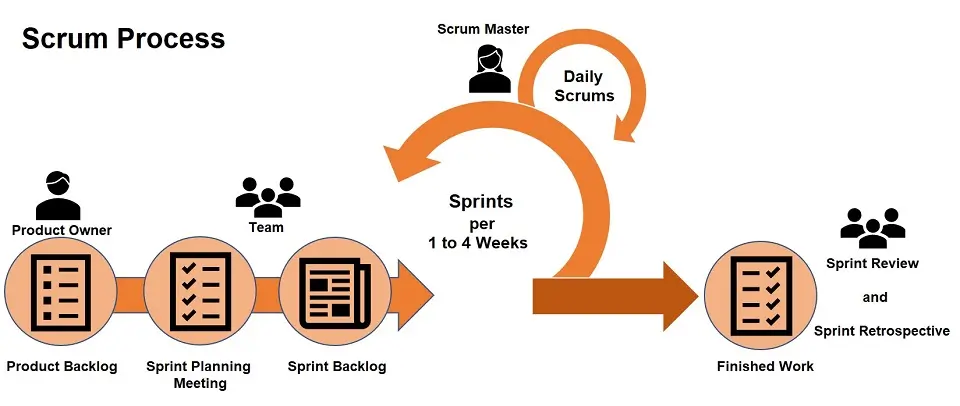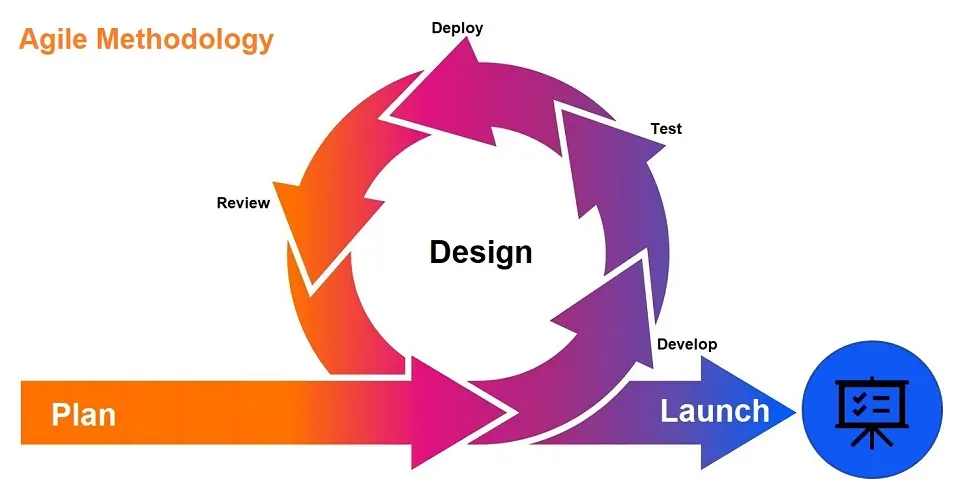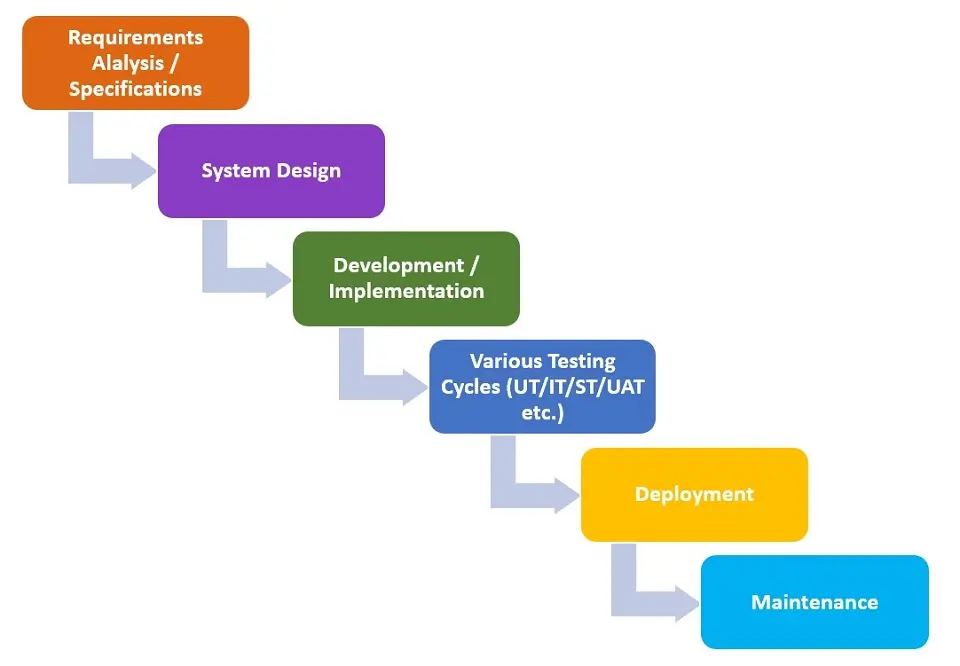Lean Six Sigma Combined with Blockchain for Improved Efficiency
In the continuously changing and progressing world of business and industries, Lean Six Sigma has become the gold standard for successfully assessing and fixing processes via project management. Lean Six Sigma is considered a best practice because it uses established and proven tools integral to its efficient methodologies. Lean Six Sigma is a fact-based, data-driven concept focusing on defect prevention
Continue reading









